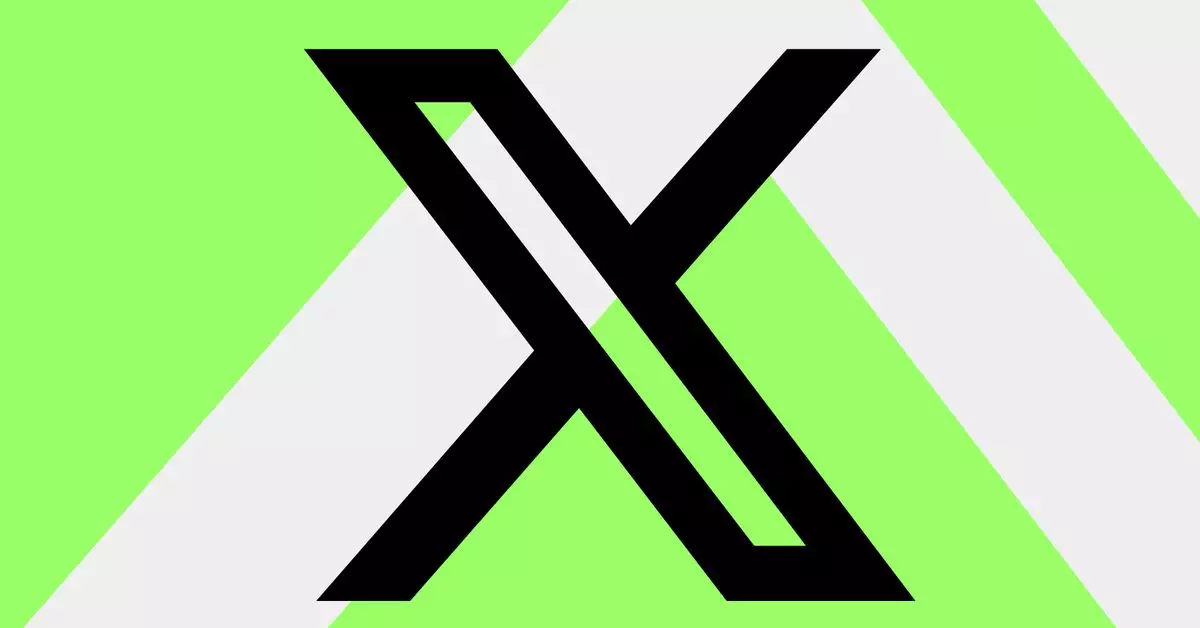In a significant development for social media dynamics in Brazil, the platform known as X has made strides toward possibly re-entering the Brazilian market. The recent legal maneuvers reported by the New York Times indicate that X has taken steps to comply with directives from the Brazilian Supreme Court. This decision comes amidst a turbulent backdrop of censorship allegations and debates around democracy and free speech.
The court’s ruling was largely a response to the platform’s failure to remove accounts that had been deemed harmful to democratic values within Brazil. This action appears to contradict the vocal promises of X’s owner, Elon Musk, who has championed the principle of “free speech” on numerous occasions. X’s recent acknowledgments of the court’s demands could be interpreted as a pragmatic shift, prioritizing access and operations in Brazil over an unwavering stance on absolute free expression.
The Legal Tug-of-War
The complexities of the situation reflect a deep ongoing struggle between social media platforms and governmental regulations. For three weeks leading up to this court filing, X had been embroiled in a tough battle against a nationwide ban. The company’s attempted defiance included distributing content favored by far-right groups, which only exacerbated its conflict with Brazilian authorities and ISPs. The ban’s enforcement revealed a political landscape where social media plays a crucial role in shaping public discourse, making the judiciary’s intervention significant.
X’s latest strategy involved engaging new legal representation in Brazil, which has seemingly brought about a change in approach. The recent court filing recognized that compliance with the government’s requests was imperative for reinstating their operations in the country. This transition indicates a willingness to adapt to local regulations, even within the broader narrative of promoting unrestricted dialogue online.
Musk’s Free Speech Agenda Challenged
The contradictions inherent in Musk’s free speech advocacy become increasingly evident through these developments. By agreeing to comply with judicial orders, X seems to be undermining the absolutist interpretation of free expression that Musk has publicly endorsed. This juxtaposition raises questions about the underlying motivations for these decisions: Are they driven by a commitment to free speech, or merely by a pragmatic necessity to retain a foothold in key markets?
This chapter in X’s status as a global platform serves as a case study in the intersection of technology, law, and ethics in the digital age. It highlights the precarious balance that social media companies must navigate between upholding freedom of expression and adhering to local laws designed to protect democratic values. The future of X in Brazil will undoubtedly be closely monitored as both a bellwether for similar cases worldwide and as an indicator of how tech giants will respond to emerging governmental pressures around the globe.
As X prepares to comply with the Brazilian court, the broader implications for social media governance and free speech remain to be seen. The evolving landscape suggests that the idealistic vision of unfettered dialogue is often tempered by real-world complexities that challenge even the most committed advocates.

